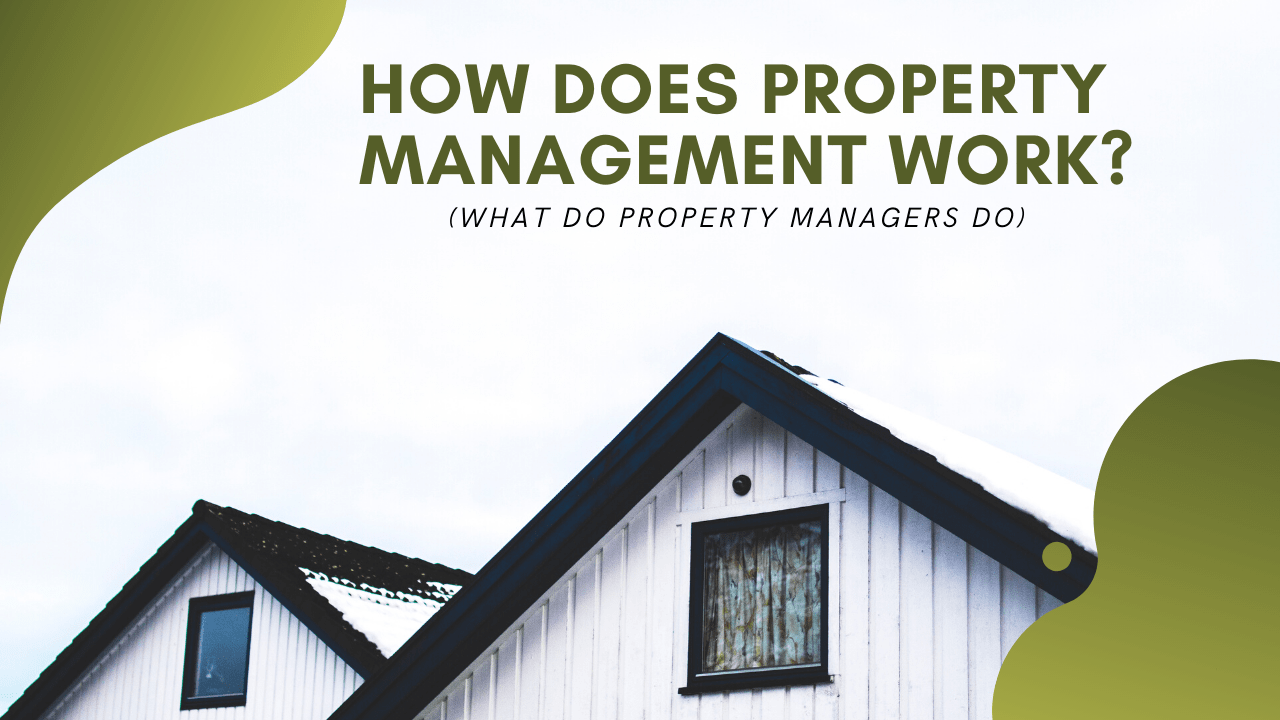Many of the rental property owners we work with have never worked with a
property management company
before, and they might not know what to expect. It’s easy to misunderstand what professional property managers do for you and your property, and today we want to help you understand our role and how we can help you have a better investment experience.
Leasing Your Florida Rental Property
A vacant rental property is an expensive investment, and we work hard to lease your home quickly to qualified tenants. We work with you to prepare your property for the market, and we might make some recommendations on what you can do in terms of updates, upgrades, and landscaping to earn more rental income and attract better tenants.
Property managers understand the local rental market and can establish a rental value that’s competitive but also likely to bring in as much money as possible. You can expect a strategic online marketing process, showings, and an efficient and consistent screening process. You won’t have to worry about staying compliant with fair housing laws because we keep up on the requirements. The end result of a professional leasing process is a well-qualified tenant who has demonstrated a history of paying rent on time and taking care of rental properties.
Once a tenant has been placed, you can expect your property manager to collect the move-in funds and execute the lease. There will be a thorough inspection to document the condition of your property.
Property Managers Maintain and Protect Your Investment
After a tenant is placed, the day-to-day management will begin. This should include:
- Rent collection.
- Lease enforcement.
- Managing routine and emergency maintenance issues.
- Responding to tenant concerns and questions.
- Providing accounting and bookkeeping services for your property.
- Communicating with owners, tenants, vendors, and other interested parties such as insurance agents, attorneys, accountants, and other professionals.
You want to make sure your tenants and property are performing the way you expect them to, and we provide the resources, experience, and systems to make sure that happens.
Compliance with Florida Rental Laws
Renting out a home requires you to follow all local, state, and federal laws and regulations. There’s a lot to know and keep up with. You have to understand the fair housing laws, habitability requirements, and the rules surrounding
security deposits
and landlord/tenant relations. You need to understand the Americans with Disabilities Act, and how it pertains to tenants who have service animals or need accommodations. You need to follow the Fair Credit Reporting Act when you’re gathering data and screening applications.
A professional property manager stays up to date on all of these regulations and keeps you and your property in compliance. This takes a lot of risk and liability off your plate. It’s easy to make an unintentional mistake that could end up costing you thousands of dollars.
Professional Rental Property Accounting
Professional property management includes transparent, detailed, and accurate accounting. You can expect to receive regular statements that outline the income and expenses associated with your rental property, and at the end of the year, you should receive a 1099 that you’ll need to file taxes. A good property management company will provide an online portal where you can have instant access to your account at any time. This will help you stay organized and informed.
Property Managers Help you Earn More and Spend Less















